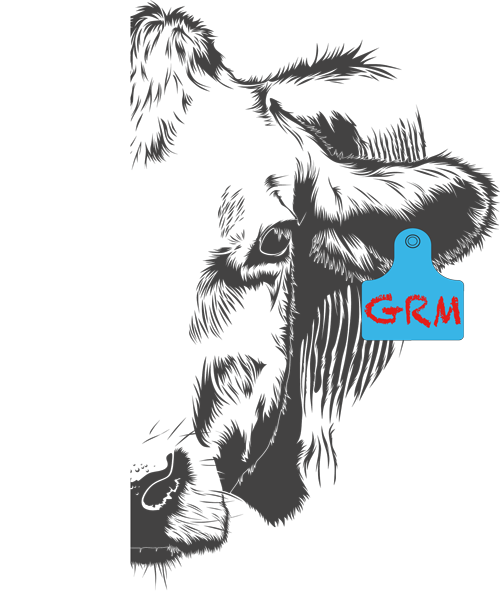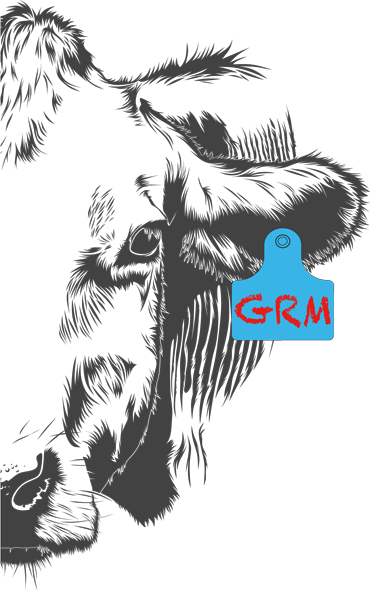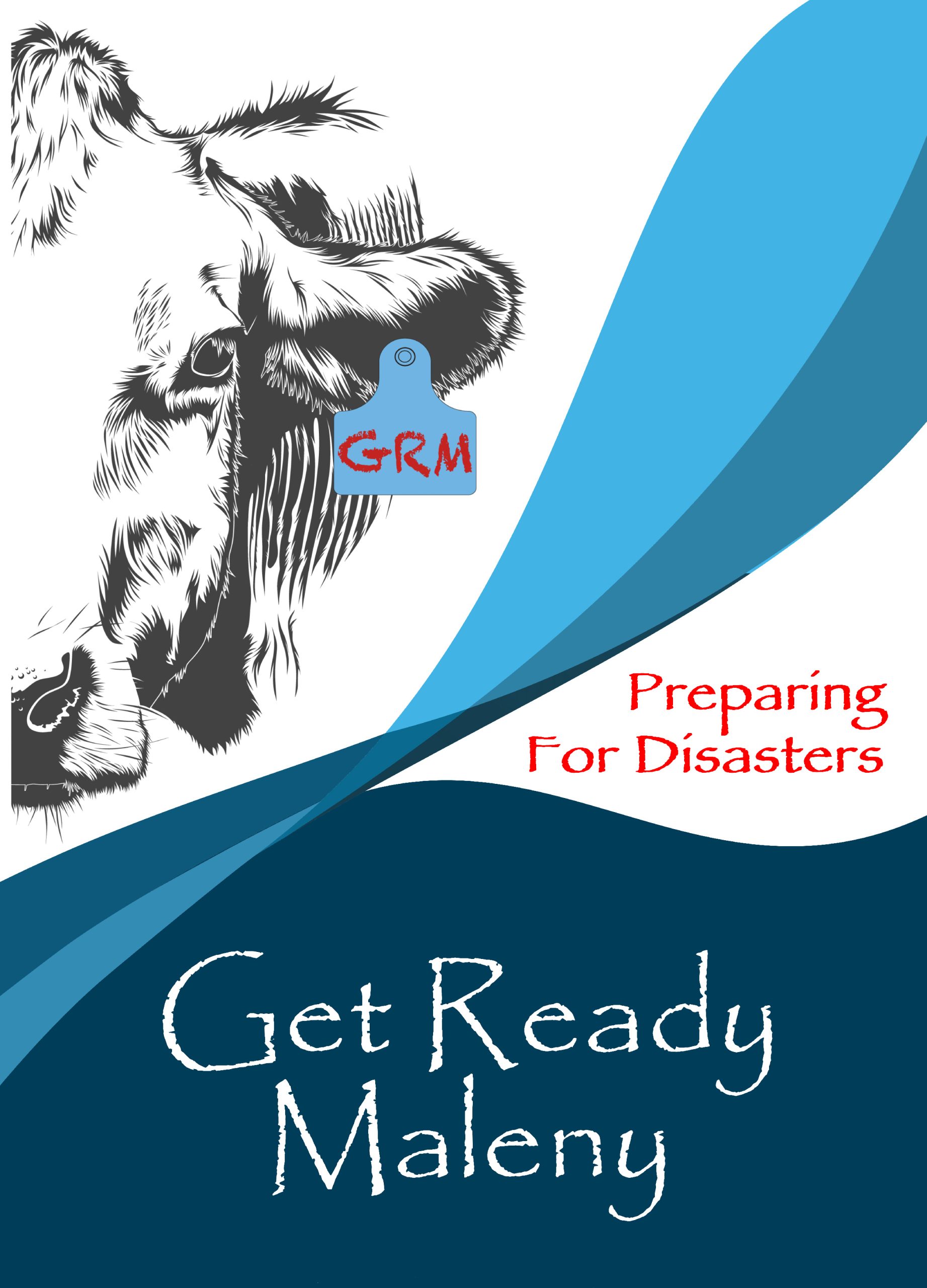
3 Steps to Get Ready
will enable you to respond quickly and effectively in an emergency:
IN ALL EMERGENCY SITUATIONS REMEMBER YOUR PLAN AND KIT
For more details, read the GRM Handbook or go to Get Ready Queensland
at www.getready.qld.gov.au
Bushfire
Fire season is July-February.
Check the Sunshine Coast Council website for more information and Get Ready Queensland (www.getready.qld.gov.au/understand-your-risk/types-disasters/bushfire) Warning System Risk Rating
Warning System
Advice
Watch & Act
Emergency
Warning
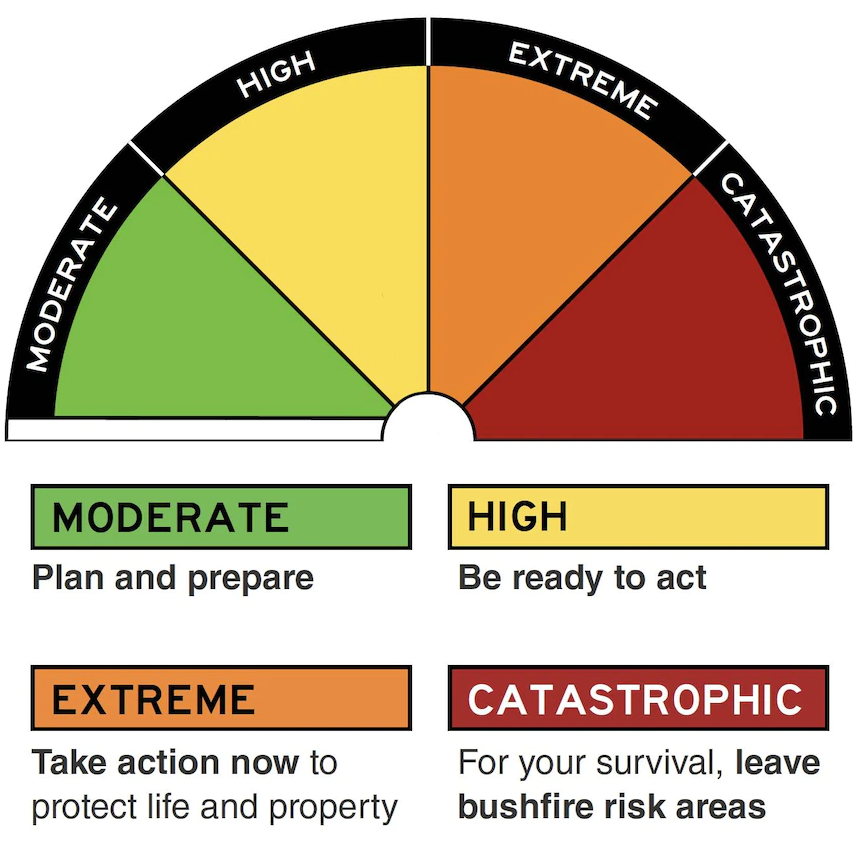
Steps to Get Bushfire Ready
1. Have a plan to either: leave early or stay and defend.
2. Stay informed by: local ABC radio station, Sunshine Coast Disaster Hub, the Bureau of Meteorology mobile app.
3. Get your emergency kit out of storage.
4. Fill your car with fuel and move it to a safe spot.
5. Remove external furniture and other items.
6. Trim and remove nearby branches and remove garden waste.
7. Ensure access to a water supply.
8. Remove anything blocking the driveway and unlock gates.
9. Move outdoor animals to open, cleared areas and take pets inside.
10.Remove gas bottles, if possible.
Storms & Cyclones
A storm can happen anywhere, anytime.
Cyclone season is November- April.
Check the Sunshine Coast Council website for more information and Get Ready Queensland
(www.getready.qld.gov.au/understand-your-risk/types-natural-disasters/storm)
Advice
Watch & Act
Emergency
Warning
Steps to Get Storm & Cyclone Ready
1. Stay informed by: local ABC radio station, Sunshine Coast Disaster Hub, the Bureau of Meteorology mobile app.
2. Get your emergency kit out of storage.
3. Fill the bathtub with water as a back-up supply.
4. Put away or secure outdoor items, like trampolines, gardening tools and furniture that could blow or wash away.
5. Fill your car with fuel and park it undercover or on a high point if you are in a flood zone.
6. Close windows and curtains or blinds.
7. Move animals to a sheltered or safe place.
8. If your house may flood, sandbag the doors and indoor drains.
9. If you have to evacuate (leave quickly) and turn off electricity (power), water and gas and lock your house.
1. Stay informed by: local ABC radio station, Sunshine Coast Disaster Hub, the Bureau of Meteorology mobile app.
2. Get your emergency kit out of storage.
3. Fill the bathtub with water as a back-up supply.
4. Put away or secure outdoor items, like trampolines,gardening tools and furniture that could blow or wash away.
5. Fill your car with fuel and park it undercover or on a high point if you are in a flood zone.
6. Close windows and curtains or blinds.
7. Move animals to a sheltered or safe place.
8. If your house may flood, sandbag the doors and indoor drains.
9. If you have to evacuate (leave quickly) and turn off electricity (power), water and gas and lock your house.
Floods
Rain, swollen creeks or ocean tides can cause flooding.
Check the Sunshine Coast Council website for flood areas and Get Ready Queensland (www.getready.qld.gov.au/understand-your-risk/types-natural-disasters/flood)
Advice
Watch & Act
Emergency
Warning
Steps to Get Flood Ready
1. Stay informed by: local ABC radio station, Sunshine Coast Disaster Hub, the Bureau of Meteorology mobile app.
2. Get your emergency kit out of storage.
3. Clean up the yard. Clear away all loose material. Move chemicals and poisons to a safe location.
4. Disconnect electrical items and gas supply. Don’t use electric appliances, if wet.
5. Move animals to high ground or a safe place.
6. If your house may flood, sandbag the doors and indoor drains.
7. Store drinking water for three days. Boil tap water in case of contamination.
8. Treat all items exposed to flood water as contaminated. Wash hands thoroughly after handling anything that has been in contact with flood water.
9. Do not enter floodwaters – if it’s flooded forget it. Never drive, walk, swim or play in flood waters.
10. Beware of damaged power lines, bridges and trees.
1. Stay informed by: local ABC radio station,Sunshine Coast Disaster Hub, the Bureau of Meteorology mobile app.
2. Get your emergency kit out of storage.
3. Clean up the yard. Clear away all loose material. Move chemicals and poisons to a safe location.
4. Disconnect electrical items and gas supply. Don’t use electric appliances, if wet.
5. Move animals to high ground or a safe place.
6. If your house may flood,sandbag the doors and indoor drains.
7. Store drinking water for three days. Boil tap water in case of contamination.
8. Treat all items exposed to flood water as contaminated.Wash hands thoroughly after handling anything that has been in contact with flood water.
9. Do not enter floodwaters – if it’s flooded forget it. Never drive, walk, swim or play in flood waters.10.Beware of damaged power lines, bridges and trees.
Heatwave
Heatwaves are deadly. Drink water, stay in shade, wear light clothes, a hat and sunscreen.
Check the Sunshine Coast Council website for more information and Get Ready Queensland (www.getready.qld.gov.au/understand-your-risk/types-natural-disasters/heatwave)
Advice
Watch & Act
Emergency
Warning
Steps to Get Heatwave Ready
1. Stay informed by: local ABC radio station, Sunshine Coast Disaster Hub, the Bureau of Meteorology mobile app.
2. Wear loose, cool clothing, and wear a hat, glasses and sunscreen if going outside.
3. Have cool baths or showers or splash yourself with cool water.
4. Drink plenty of water and avoid caffeine, alcohol and heavy protein intake.
5. Stay out of the sun, especially between 11am –3pm.
6. Close curtains and blinds to keep rooms cool.
7. Avoid physical exertion, if possible.
8. Check on friends, neighbours and vulnerable people who may be less able to look after themselves.
1. Stay informed by: local ABC radio station, Sunshine Coast Disaster Hub, the Bureau of Meteorology mobile app.
2. Wear loose, cool clothing, and wear a hat, glasses and sunscreen if going outside.
3. Have cool baths or showers or splash yourself with cool water.
4. Drink plenty of water and avoid caffeine,alcohol and heavy protein intake.
5. Stay out of the sun, especially between 11am –3pm.
6. Close curtains and blinds to keep rooms cool.
7. Avoid physical exertion, if possible.
8. Check on friends, neighbours and vulnerable people who may be less able to look after themselves.
Health
Follow Queensland Health Guidelines e.g.
COVID-19 Guidelines.
Health emergency services can provide advice.
Check Get Ready Queensland
(www.getready.qld.gov.au/understand-your-risk/types-natural-disasters/pandemic)
Advice
Watch & Act
Emergency
Warning
Steps to Get Animals & Pets Ready
1. Plan where to take your pet or animals, if it is not safe to stay.
2. Plan how pets or animals will be transported in an emergency.
3. Ask neighbours or friends for help, if you cannot get home or need assistance.
4. Have your pet microchipped and registered.
5. Have a pet emergency kit ready to go to save you time.
6. If you must leave your pets behind, leave them indoors and in separate rooms like the bath room or laundry. Provide food and water in large heavy bowls.
Emergency Kit
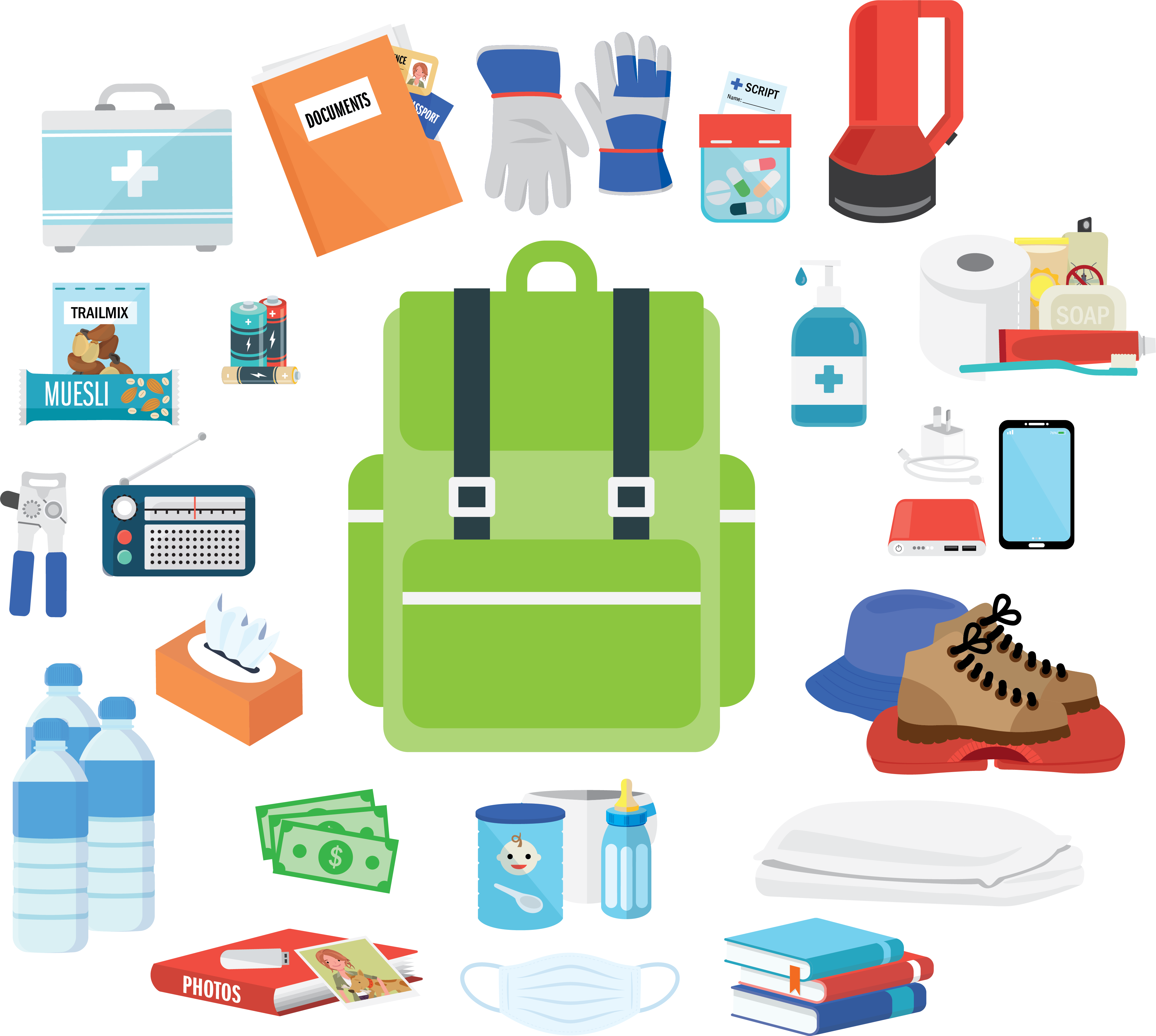
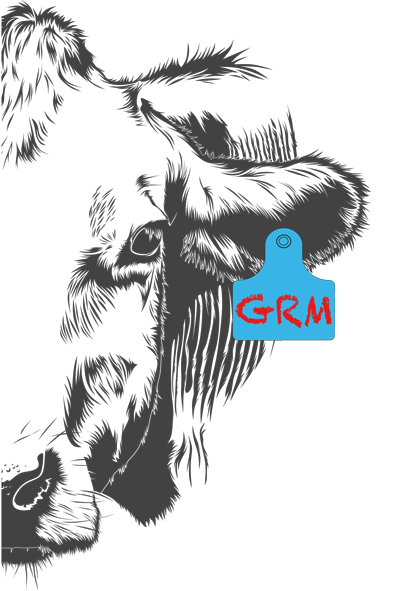
Get Ready Maleny
DISCLAIMER: This brochure is for information only and is provided in good faith. The Queensland Government, Sunshine Coast Council and Get Ready Maleny are under no liability to any person in respect of any loss or damage (including consequential loss) which may be suffered or incurred, or which may arise directly or indirectly,in respect of reliance by any person on the information contained in this brochure.



